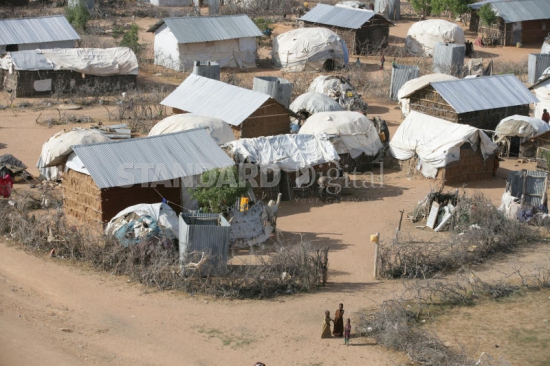×
The Standard e-Paper
Stay Informed, Even Offline

At least 100 Somali refugees were on Wednesday flown back to the country's capital Mogadishu, kicking off the voluntary repatriation exercise prompted by the Kenyan government.